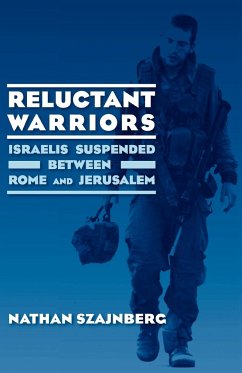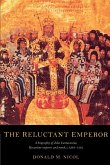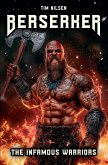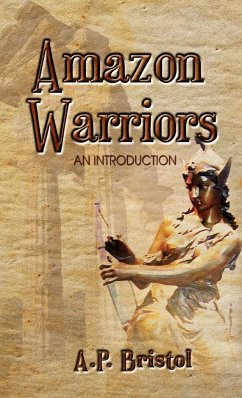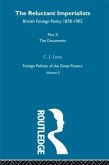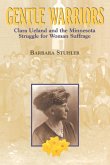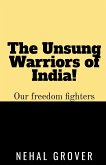" Here are elite soldiers, kibbutz-born, battle-bred. Their stories reveal their minds and souls, and what has tempered and annealed their hearts. They are citizen soldiers all - officers or N.C.O.'s - who refused career military appointments and returned to civilian life, as much as one can be a civilian in Israel. Descendants of Isaac who, like modern-day Ishmaels, seek peace while pursuing the Leviathan of war. Or are pursued by it. They also search for inner peace. These men and this author were transformed by the Second Intifada over a four- year period. I began this book in an era of hope following Oslo. In the political shambles after President Clinton's desperate and failed Taba diplomacy, it grew in complexity. I write today at the re-dawn of hope following Saddam Hussein's downfall, Kaddafi's "conversion," Arafat's death, Lebanon's Hariri murder. Much has changed since then. A psychoanalyst by profession, five years ago I completed a book about American youth, their journeys, successes and failures, from birth through thirty. All but one of the 76 interviewees had navigated the inner turmoil of adolescence and young adulthood via the relatively pacific waters of college. During a brief visit to Israel in 1999, I met an Israeli graduate student at a Hanukah party who asked me what I had learned about Americans. He listened closely, then quietly remarked how different it was to become a young man in the Israeli army. To understand Israel, he continued, one must understand its army. And so, a year later, in the fall of 2000, I decided at least to try. Before I left, I returned to a book -- Children of the Dream -- written by Bruno Bettelheim, one of my teachers. More often cited than read, it is frequently misunderstood. Bettelheim recounts the extraordinary job the kibbutzim do raising children in a communal setting. It demonstrates how different child-rearing methods result in different personalities. Bettelheim found that kibbutz children are well-balanced with strong peer relations and a vibrant inner character. He predicted that kibbutz mothers would not tolerate many more years of having their children raised in the communal children's houses. He was right on target. In addition to severe economic factors, the movement by mothers to bring their offspring into the family home coincided with the beginning of the near collapse of the kibbutz as a social movement, perhaps one of the more successful experiments in socialism in the twentieth century. Once I realized that this historical phenomenon, this culture, was about to disappear, I knew the only way I could capture the experiences of the last group born and raised in the soil of communal settlements -- who were also army-matured -- would be to hurry to harvest their knowledge. Like grapes for fine wine, these boys absorb the flavor, the fragrance, the taste of the soil around them. Moreover, the then prime minister, Ehud Barak, planned to shorten army service because peace was at hand. Since the Israeli Army has been so central to Israeli growth, development and identity, I had to act quickly if I wanted to study its soldiers before peace transformed their swords into plowshares. It turned out, no rush. Peace was not as forthcoming as hoped. *************** There are moments I fear. Palestinians morph into live bombs in malls, on streets, at bus stops. Suicide bombers collapse the borders between soldier and civilian, between adult and child, between man and woman. Being frisked for weapons at malls, being asked whether I carry a gun as I enter restaurants is a constant reminder of the terror. It is annoying to be frisked; it is daunting to face roadblocks and bomb plantings; I miss some meetings. Often, cab drivers are intimidated when I tell them my destination. Or intimidating. On Achad Ha'am stree
Hinweis: Dieser Artikel kann nur an eine deutsche Lieferadresse ausgeliefert werden.
Hinweis: Dieser Artikel kann nur an eine deutsche Lieferadresse ausgeliefert werden.

